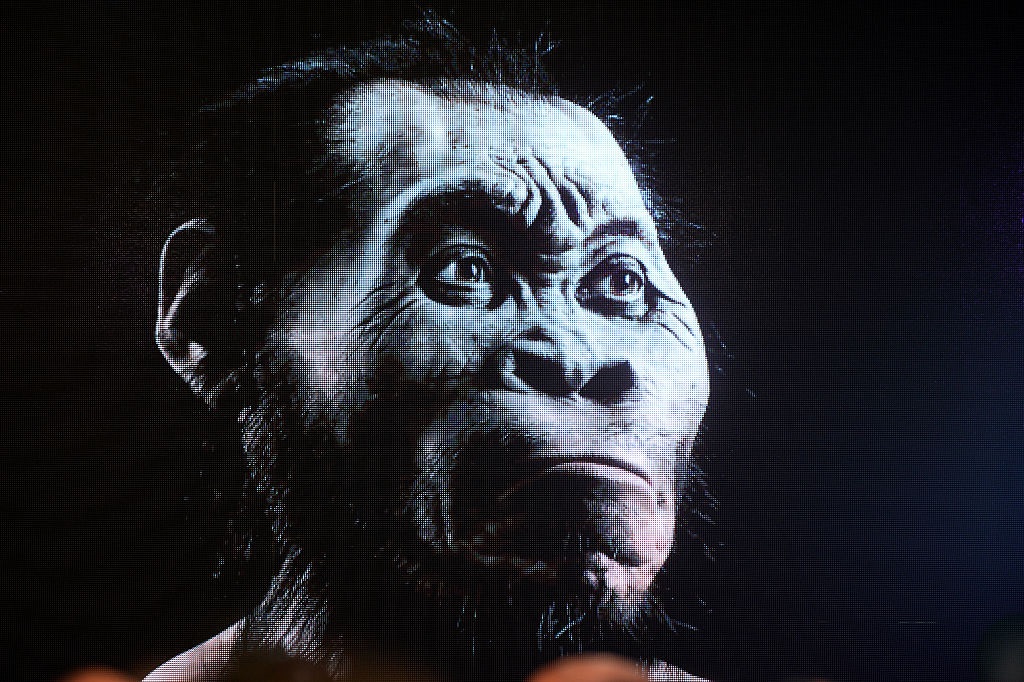
- For more financial news, go to the News24 Business front page.
Rock deposits in a cave system inhabited by early human ancestors in South Africa may be almost 2 million years younger than previously thought, a new study has found, which may cast doubt over whether humankind may have originated in the country.
The study, which used sediment analysis, palaeo-magentism and uranium-lead dating, found deposits at Bolt’s Farm in the Cradle of Humankind about 50 kilometers (31 miles) north west of Johannesburg to be between 2.27 and 1.7 million years old. That compared with earlier research, which dated deposits in a small cave called Waypoint 160 at Bolt’s Farm at about 4.5 million years, South Africa’s University of Cape Town said in an emailed statement on Wednesday.
Bolt’s Farm is a cave system located in the World Heritage site and is an important source of fossils of various species of Plio-Pleistocene fauna, including primates and big cats. It is also home to a novel species of rat, Euryotomys bolti, found nowhere else.
The earlier research that dated Waypoint 160 deposits relied on fossilized remains of the rat and compared it to other fossil sites in South Africa, according to the statement. The new study compared deposits at Bolt’s Farm with other fossil-bearing deposits in the region, which made it possible to redefine the suggested age of the rat species.
"All of our work using multidisciplinary sources over the last few years show no evidence for any sites in the Cradle older than 3.2 million years ago," said Tara Edwards, a Human Evolution Research Institute postdoctoral research fellow from the university’s Department of Geological Sciences and lead author of the paper published in Science Direct.
A study published last year in the Proceedings of the National Academy of Sciences journal put the ages of hominin remains from the Australopithecus genus found at the Sterkfontein Caves in the Cradle area — including the famed Mrs Ples fossil — at between 3.4 million and 3.6 million years. That’s older than the Lucy fossil found in Ethiopia in 1979, which is 3.2 million years old.
The findings of the study led by Edwards debunks assumptions that sites like Sterkfontein Caves preserve deposits and fossils older than 3.2 million years, according to Robyn Pickering, a co-author of the paper.
"It is becoming increasingly unlikely that Sterkfontein is as old as claimed," Pickering said.




 Publications
Publications
 Partners
Partners












